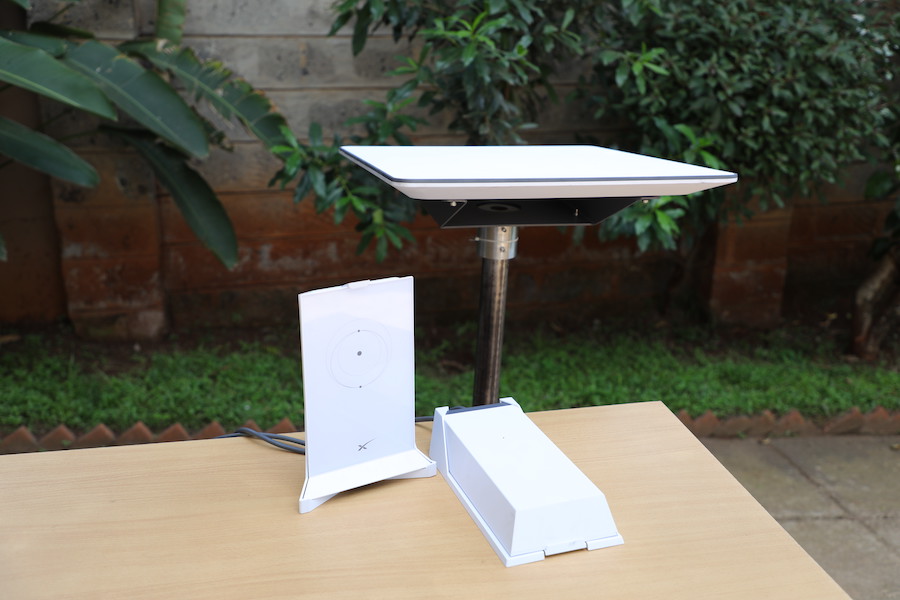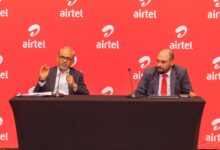CA addresses Safaricom’s call for Starlink regulation

Kenya’s communications regulator, the Communications Authority of Kenya (CA), has responded to Safaricom’s calls for the regulation of Elon Musk’s satellite internet service Starlink.
In a statement, the CA has acknowledged that Safaricom is justified in raising concerns about the licensing of independent satellite providers, including Starlink.
CA is Kenya’s ICT regulatory body, with responsibilities in telecommunications, cyber security, e-commerce, broadcasting, multimedia, and postal/courier services.
The body is also in charge of managing the country’s numbering and frequency spectrum resources, as well as maintaining and administering the Universal Service Fund and protecting the rights of ICT service customers.
Last week, Safaricom which is Kenya’s largest telco raised concerns and urged CA to exercise caution when granting independent licences to satellite internet service providers
Safaricom in a letter to CA urged the regulator to consider requiring satellite internet providers such as Starlink to partner with local mobile network operators. This is after the satelite internet provider had rolled out competitive pricing options and plans that even allowed Kenyans to rent its hardware without the need to purchase the entire kit.
“Satellite coverage inherently extends to multiple territorial borders and, in doing so, has the potential to illegally provide services and cause harmful interference within the territorial borders of the Republic of Kenya,” Safaricom said in the letter.
The telco added that requiring satellite internet service providers to partner with local mobile operators, rather than giving them independent operating licenses, would “promote innovation while avoiding potential damage”,
Starlink launched in Kenya in mid-last year with the latest data from the CA revealing that its entry had doubled the number of satellite internet users in the country in three months to December last year.
The data shows that the number of satellite internet users rose from 1,354 in the three months to September last year, to 2,933 in the quarter ended December. It further reveals that 92 per cent of users have speeds of between 100 megabytes per second (Mbps) and 1 gigabyte per second (Gbps), up from zero during a similar period in 2022 after Starlink’s entry.
Follow us on Telegram, Twitter, and Facebook, or subscribe to our weekly newsletter to ensure you don’t miss out on any future updates. Send tips to editorial@techtrendsmedia.co.ke


